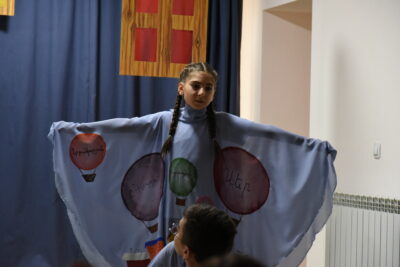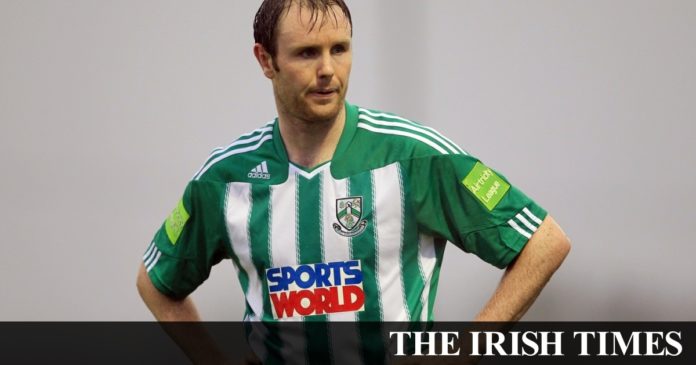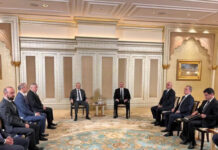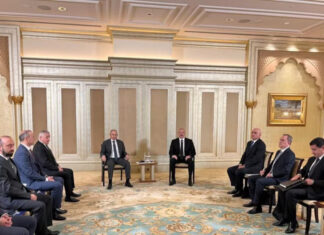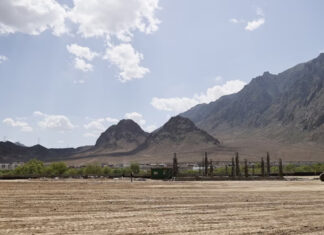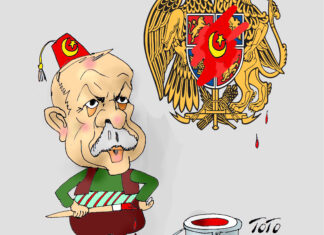By Gavin Gummiskey
BAKU (Irish Times) — When investigative journalist Khadija Ismayilova began reporting on the family wealth of Azerbaijan president Ilham Aliyev — including his daughter’s control of the construction company that built a €115 million Eurovision auditorium where Jedward had a damp night in 2012 — someone broke into her apartment and installed hidden cameras.
Considering the state phone company came out to connect the line for the devices that recorded a sex tape of Ismayilova and her boyfriend, which was eventually released online when she refused to be blackmailed, the story of a Ballybrack boy stranded in Baku seems tame in comparison.
But in 2009 life at Neftçi PFK became so intimidating that Joe Kendrick’s wife Laura called FIFA (International Soccer Federation). Seconds after lodging a wide-ranging complaint the phone rang in their apartment as the young couple and baby daughter Lana were plunged into a scene from “The Lives of Others.”
“It was someone in broken English saying ‘you need to leave the country’ and ‘don’t make phone calls like that again,’” said Kendrick.
Just two months into a two-year contract, the Dubliner had been repeatedly told to leave Baku by officials at Neftçi. Intimidation became the norm. A drive home from training cost $300 for a broken tail light. When pointing out that the light was fine the policeman smashed it before their eyes. Pay the bribe or see what happens.
